Historical notes
Positioned on a promontory surrounded by Lake Trasimeno, once considered its fourth island in antiquity, the village dominates a vast and fertile area between Umbria and Tuscany. It has been inhabited since ancient times and has always been deemed strategically significant.
During the Etruscan era, it fell under the jurisdiction of Chiusi, while in Roman times, it served as a military station called “Clusium Novum”, meaning New Chiusi.
In the 10th century, it was mentioned as a fortified village named Castrum Clusii (Castel Chiusino). Two centuries later, it came under the rule of Perugia and, in contention with Cortona and Arezzo, was surrounded by walls. This marked the beginning of the construction of the majestic fortress known as the Castello del Leone, from which the current name of the village is derived.
From the 16th to the 17th century, it became a marquisate and later a duchy under the Della Corgna family. However, with the extinction of the Della Corgna family in the 17th century, Castiglione del Lago became a possession of the Papal States until the unification of Italy.
Strolling through churches, medieval walls, and Renaissance masterpieces
The historic centre is enclosed by medieval walls with three gates: Fiorentina, Senese, and Perugina. Noteworthy is the Rocca del Leone, one of the most interesting examples of Umbrian medieval military architecture. Built in 1247 according to the design of Frate Elia Coppi from Cortona, it is an irregular pentagon with five towers and three gates, dominated by a triangular keep almost 30 meters high, providing a panoramic view of 360 degrees. The battlements offer a splendid view of the lake, while the spacious interior now serves as a natural amphitheater for performances.
Connected to the fortress by a charming covered walkway with defensive loopholes is the Ducal Palace or Palazzo della Corgna, commissioned by Ascanio della Corgna in 1560 and designed by Vignola or Galeazzo Alessi. The interior features richly frescoed walls by Niccolò Circignani, known as “Il Pomarancio”, and Salvio Savini, depicting mythological scenes and exploits of the condottiero Ascanio della Corgna, representing some of the finest examples of regional Mannerist painting.
Not to be missed is the church of Santa Maria Maddalena, built in 1836, housing a valuable 16th-century painting by a pupil of Perugino, a “Madonna del Latte” from the Sienese school of the 14th century, and frescoes by Mariano Piervittori (1850); the church of San Domenico, erected in 1636, with a beautiful coffered wooden ceiling and an ambulatory intended as the tomb of the Della Corgna family, and in Piazza Mazzini, the Palazzo del Capitano del Popolo, dating back to the 13th century.
The town, listed among the “Borghi più belli d’Italia” (Most Beautiful Villages in Italy), now attracts numerous tourists with its beaches, lakeside promenade, marina, and camper stopover area.
Local cuisine includes traditional dishes based on lake fish or typical products like the Fagiolina del Trasimeno, a Slow Food presidium.
There are numerous accommodation options in hotels and agriturismos in the surrounding countryside.
The range of sports activities includes not only water sports but also the Trasimeno cycle path and an extensive network of mountain biking trails. For several years, Castiglione del Lago has hosted an international equestrian trekking event.
Exploring its surroundings
In the vicinity, numerous Etruscan settlements are scattered in various small centers built on the surrounding hills: Gioiella, Vaiano, Pozzuolo, and near Panicarola, a small hamlet hosting the sanctuary of Madonna della Carraia, located about 45 km from Castiglione del Lago. Erected in the 17th century, the structure has a spacious Greek cross-shaped interior and a remarkable wooden altar with the venerated image of the Madonna with Child.
From the pier, ferries can reach two islands in Lake Trasimeno: Isola Maggiore, to visit the Romanesque churches of San Salvatore, San Michele Arcangelo and Castello Guglielmi, and Isola Polvese, the largest, designed as an equipped natural reserve and educational park, of considerable environmental and faunistic interest.
Events in Castiglione del Lago:
Among the annual events, the Tulip Festival stands out, celebrated in April, during which the streets and houses of the village are adorned with colourful flowers symbolizing spring. In the former airport area, near the beach, there are aerobatic shows and the international kite festival “Coloriamo i cieli” (Let’s colour the skies). During the Christmas season, the lighting of the Christmas tree, drawn on the lake with kilometers of coloured lights, has become a traditional event.
How to get there:
The village is easily accessible by car from the Chiusi or Valdichiana exits of the A1 motorway, about 45 km from Perugia and a short distance from Arezzo and Siena. It is also reachable by train along the Florence-Rome line.










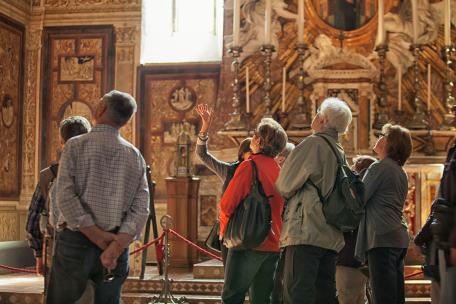

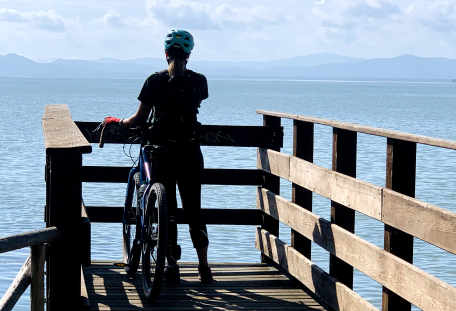




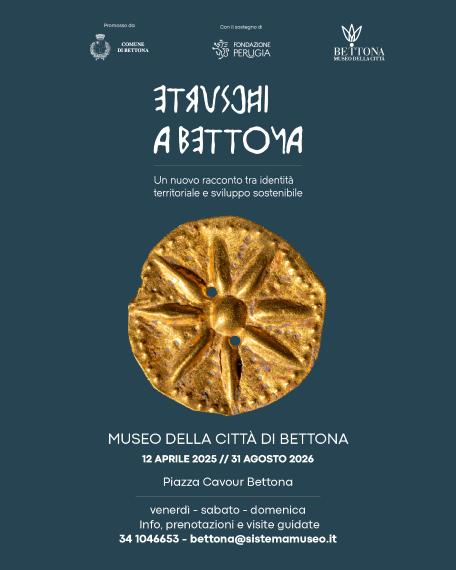
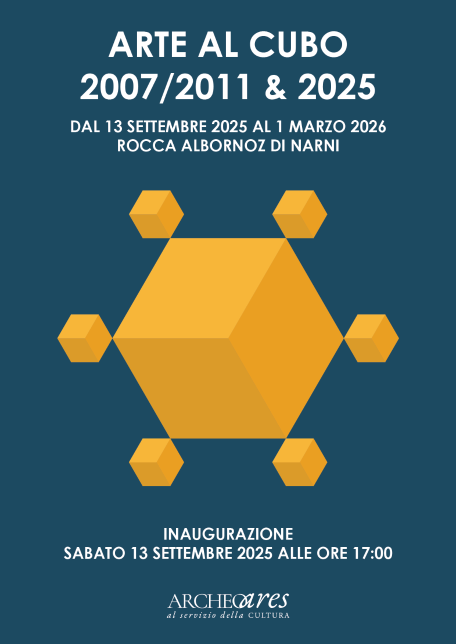

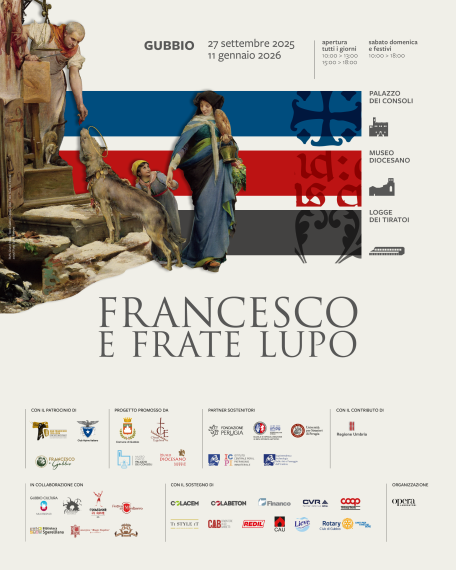
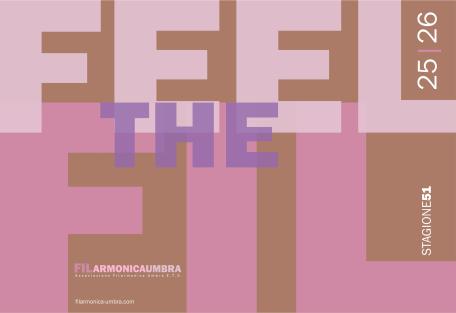
.jpg/e9571273-0e35-1ff2-0713-76c7fd4e3cc5?width=456)








